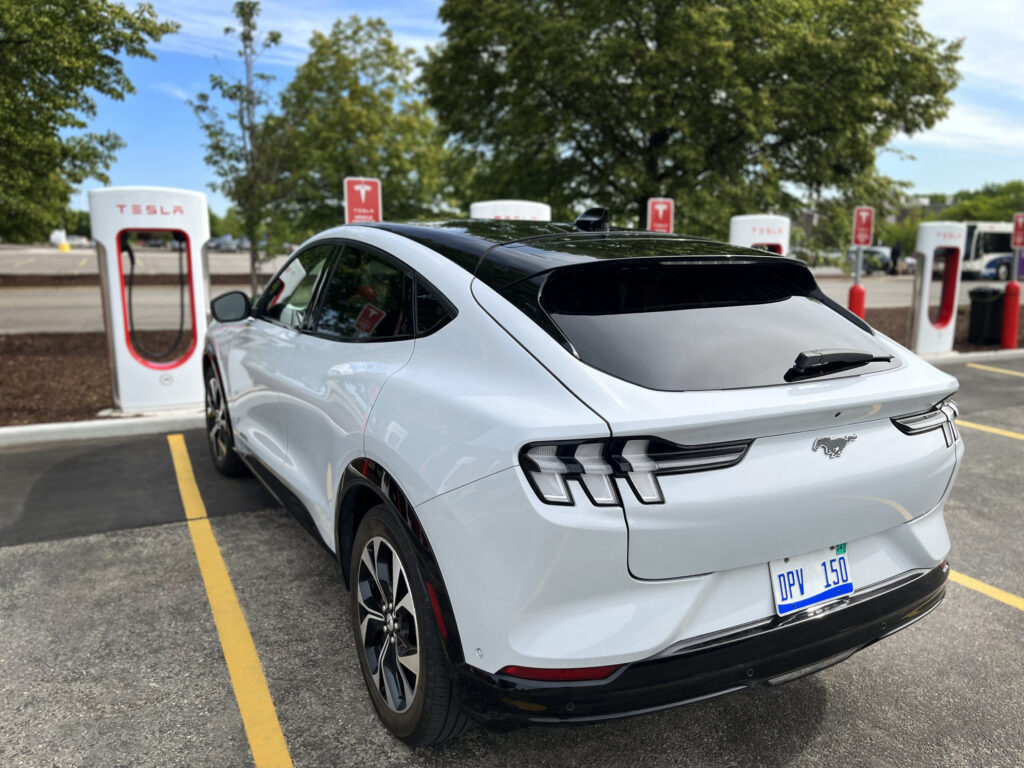Road Tax Changes

In recent legislative developments, the U.S. House of Representatives passed a piece of legislation known as Donald Trump’s “Big Beautiful Bill.” Before it can be enacted into law, the bill still needs to clear the Senate. If passed, hybrid and electric vehicle (EV) owners might see their annual vehicle registration costs rise significantly. Specifically, the proposed legislation could add $100 to the yearly registration fee for hybrid vehicles and $250 for EVs.
Funding Infrastructure

The intention behind these proposed taxes is to address the U.S. government’s mounting infrastructure debt, which has been primarily covered by gas taxes. Currently, the gas tax stands at $0.18 per gallon. With the surge in popularity of hybrids and EVs, gasoline purchases are dipping, resulting in a shortfall in the funds needed for maintaining and building infrastructure. By imposing these additional fees on EVs and hybrids, the legislation aims to replenish the dwindling Highway Trust Fund.
Political and Economic Implications
Rep. Sam Graves from Missouri, who leads the Transportation and Infrastructure Committee, highlighted that the bill intends to ensure that EVs contribute fairly to the maintenance of American roads, which have long been supported by the trust fund. The trust fund’s precarious financial situation is not new, as its challenges have been growing since its last significant support came back in 2021. With deficits running into tens of billions each year, it’s clear that a solution is necessary, though whether this is the right approach remains a topic of debate.
Balancing the Scales
In their current form, the proposed fees place a heavy financial burden on EV and hybrid drivers compared to their gas-guzzling counterparts. Additionally, the proposed fees acknowledge a lingering debate—electric and hybrid vehicles, which often weigh more than their gasoline equivalents, might contribute more wear and tear on roadways, justifying their greater financial contribution.
Drive and Feel
Speaking of EVs and hybrids, it’s worth exploring what driving these cars feels like compared to traditional gasoline vehicles. For instance, the Ford Mustang Mach-E delivers a distinct, smooth ride quality with its electric motor providing immediate torque, unlike a traditional internal combustion engine. The silence of the electric motor is a unique experience, often only interrupted by the noise of tires on the pavement.
Comparatively, driving a typical hybrid, such as the Toyota Prius, provides a balance between fuel efficiency and a relatively quiet ride, though not to the silence of a fully-electric vehicle. The transition between its electric motor and gasoline engine is generally seamless, which can be a fun experience in its own right, attempting to maximize fuel efficiency with every trip.
Ultimately, as this legislation makes its way through political hurdles, its impact on the automotive industry and the driving community, particularly for EV and hybrid owners, will be critical to watch. It will influence purchasing decisions and likely inspire a mix of new strategies by automakers and legislators to address these emerging challenges.
BMW's Future Superbike
Frontera Camper Kit
EV Fees to Rise
EV Plan Hits a Snag
Tariff Threatens Cars